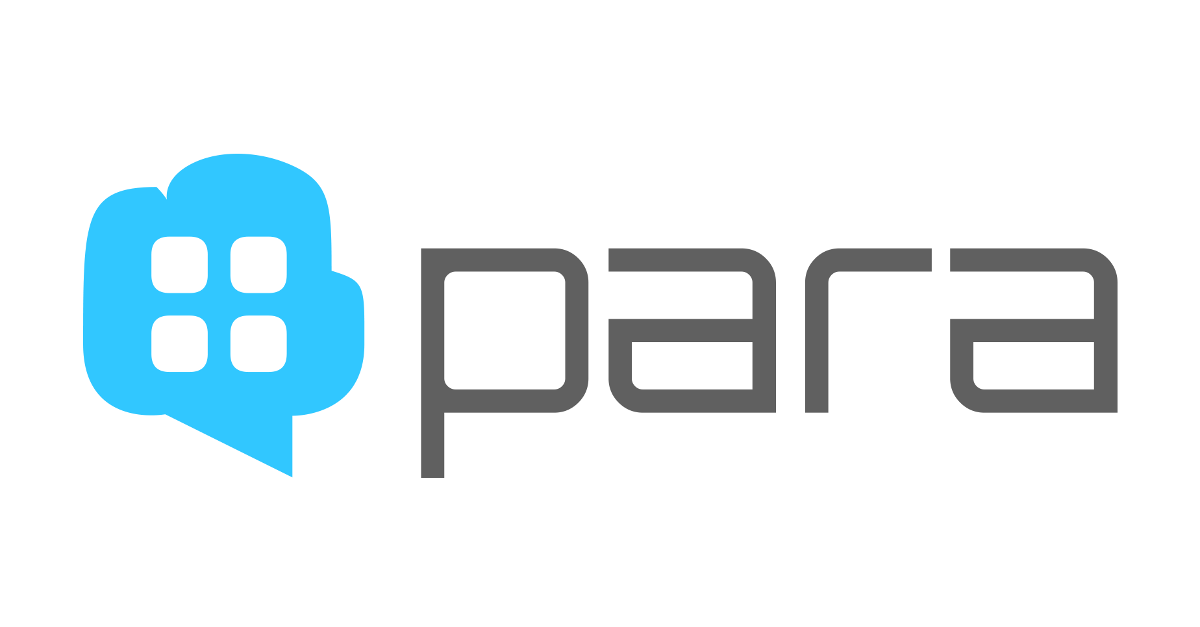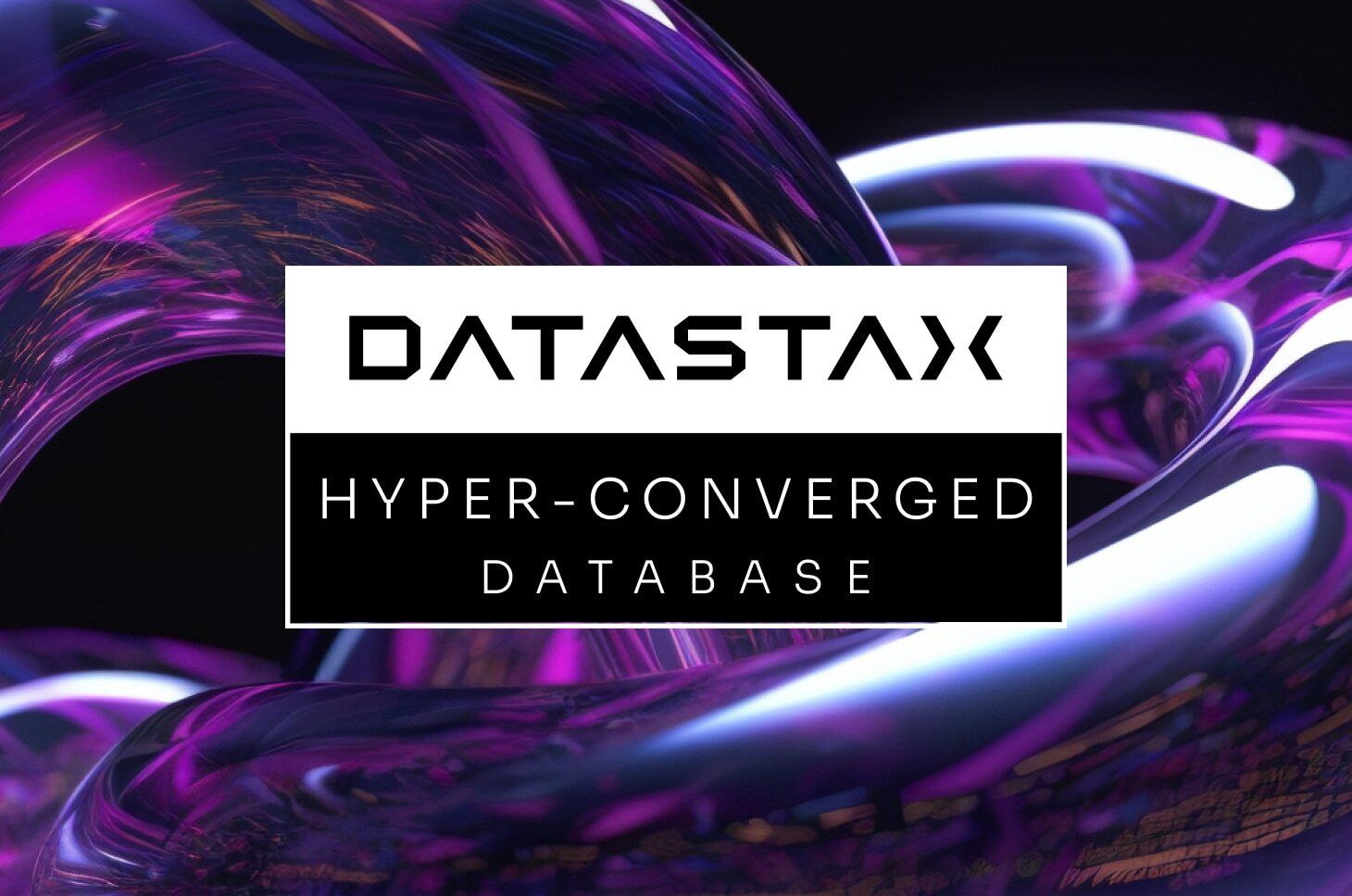
About Para
Para was designed to be a simple and modular backend framework for object persistence and retrieval. It helps you build applications faster by taking care of the backend. It works on three levels - objects are stored in a NoSQL data store or any old relational database, then automatically indexed by a search engine and finally, cached. Para is also multitenant and has a clean and easy-to-use JSON API.
The name "pára" means "steam" in Bulgarian. And just like steam is used to power stuff, you can use Para to power your mobile or web application backend.
Why use it? Because it's open source, well documented and tested and it's just easier to use than most frameworks out there.
It's free to get started!
Features
- Multi-tenancy support - each app has its own table, index and cache
- RESTful JSON API secured with Amazon's Signature 4 algorithm
- Database-agnostic, designed for scalable and distributed data stores
- Full-text search (Elasticsearch or Lucene)
- Distributed object cache (Hazelcast or Caffeine)
- Webhooks with signed payloads
- Flexible security - LDAP, SAML, social login, CSRF protection, etc.
- Stateless client authentication with JSON Web Tokens (JWT)
- Simple but effective resource permissions for client access control
- Robust constraint validation based on JSR-303 and Hibernate Validator
- Per-object control of persistence, index and cache operations
- Optimistic locking support (implemented by each DAO natively)
- Full metrics for monitoring and diagnostics (Dropwizard)
- Modular design powered by Google Guice and support for plugins
- Para Web Console - admin user interface
Get Para v1.49.2
Get it through Maven or as an executable JAR package.
Maven - Para server
<dependency>
<groupId>com.erudika</groupId>
<artifactId>para-server</artifactId>
<version>1.49.2</version>
</dependency>Maven - Para client for Java
<dependency>
<groupId>com.erudika</groupId>
<artifactId>para-client</artifactId>
<version>1.49.2</version>
</dependency>Docker
docker run erudikaltd/para:v1.49.2
Clients
Talk to us
We've built a full-blown Stack Overflow clone with Para in just about 7000 lines of code — check it out at scoold.com
Hosting & Support
We offer hosting and premium support at paraio.com where you can try Para online with a free developer account. Browse and manage your users and objects, do backups and edit permissions with a few clicks in the web console. By upgrading to a premium account you will be able to scale you projects up and down in seconds and manage multiple apps.




